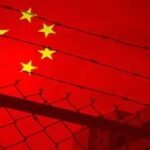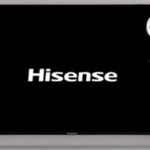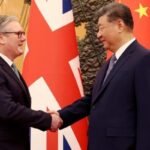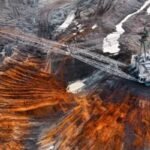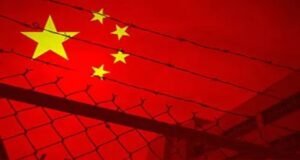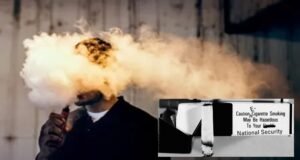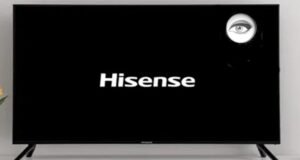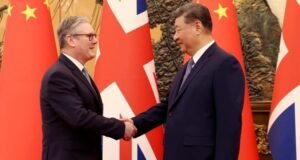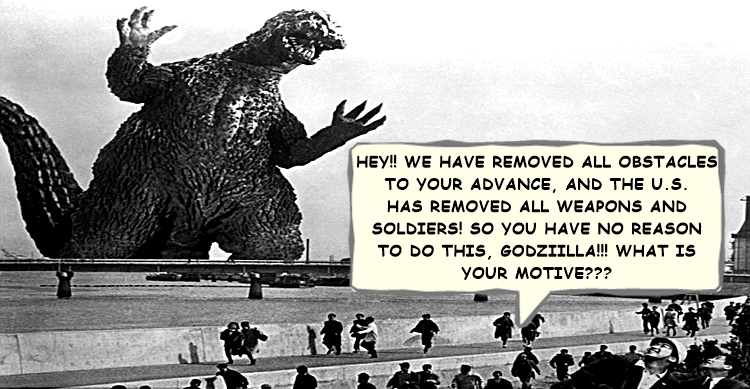
Many Taiwanese have regarded the Trump administration’s efforts to end the war in Ukraine and stop spending so many billions in the region as suggestive of how U.S. policy toward Taiwan might change course as well.
For decades, the Republic of China has relied on American help in fending off the People’s Republic. So the prospect of a fundamental shift in U.S. policy makes Taiwan nervous.
But judging by an internal, not-so-secret-anymore Defense Department memo from Pete Hegseth, Trump and his secretary of defense in fact regard preventing a Chinese attack on Taiwan as an urgent priority (“Taiwan reassured—and surprised—by Pentagon focus on deterring China,” Washington Post, March 31, 2025).
Prepare for and win
The memo details the president’s “vision to prepare for and win a potential war against China.” According to a related Washington Post report, the idea is to let the Russian threat be “largely attended by European allies” as the Pentagon largely attends to the Chinese threat.
Hegseth’s memo says: “China is the Department’s sole pacing threat, and denial of a Chinese fait accompli seizure of Taiwan—while simultaneously defending the U.S. homeland—is the Department’s sole pacing scenario.” So Defense is projecting a reorientation of U.S. military policy, but one in Taipei’s favor, not at its expense.
One student of the latest military jargon defines a pacing threat as “a direct, consequential, and near-term, often military, peril to US security interests and core values.” The People’s Republic of China is indeed the top governmental threat to U.S. security interests and core values. And if it succeeds in conquering Taiwan, the threat to the people of the United States and other countries will increase, not decrease or remain the same.
According to a former vice premier and former member of the ROC National Security Council, Jun-ji Shih, “Taiwan has not seen such a clear statement from the United States until now. Trump has never said what the U.S. would do if China sent troops. This Department of Defense memo makes it very clear. It puts Taiwan’s importance in the highest position and clearly says what should be done.”
The Post says that Shih is here alluding “to the memo’s call to increase submarines, bombers, unmanned ships and specialty units from the Army and Marine Corps.”
William Chung, researcher at a think tank backed by the ROC military, says he is “very surprised. This memo makes Taiwan the focus of U.S. global defense strategy as never before. What we were afraid of is that the Trump administration will ignore Taiwan just like Ukraine and make a deal with China. From the look of things now, that’s not going to happen.”
Dissent
In the CCP propaganda outlet Global Times, the Party’s response to the Hegseth memo is to cluck about how the United States “persistently attempts to sensationalize Taiwan region as a flashpoint, essentially instrumentalizing the matter to create regional instability in the Asia-Pacific and thereby constrain China’s development trajectory.”
Anyway. To round out its roundup of mostly but not unanimously relieved reactions from the Taiwanese themselves, the Post tosses in a presumably non-CCP but still perverse take on the Hegseth memorandum from one Huang Kwei-bo.
Huang Kwei-bo is a professor of diplomacy, definitely not of military strategy, at a university in Taipei. He warns: “If the People’s Liberation Army sees that the United States has such an attitude, it will in theory take measures to make the United States feel like it is not dealing with soft tofu but a piece of iron.”
The Chinese military’s ongoing mega-belligerence toward Taiwan may now harden into mega-mega-belligerence. It may, for example, conduct even more military exercises against Taiwan. “In this case, we will be the ones who suffer in the end.”
The stronger one’s self-defense, the weaker it becomes, seems to be the professor’s theory.
What is the alternative, Huang Kwei-bo? Scrupulously inadequate self-defense? Surrender? The PRC will not regard either as the cue to let bygones be bygones and now leave the Taiwanese alone.

